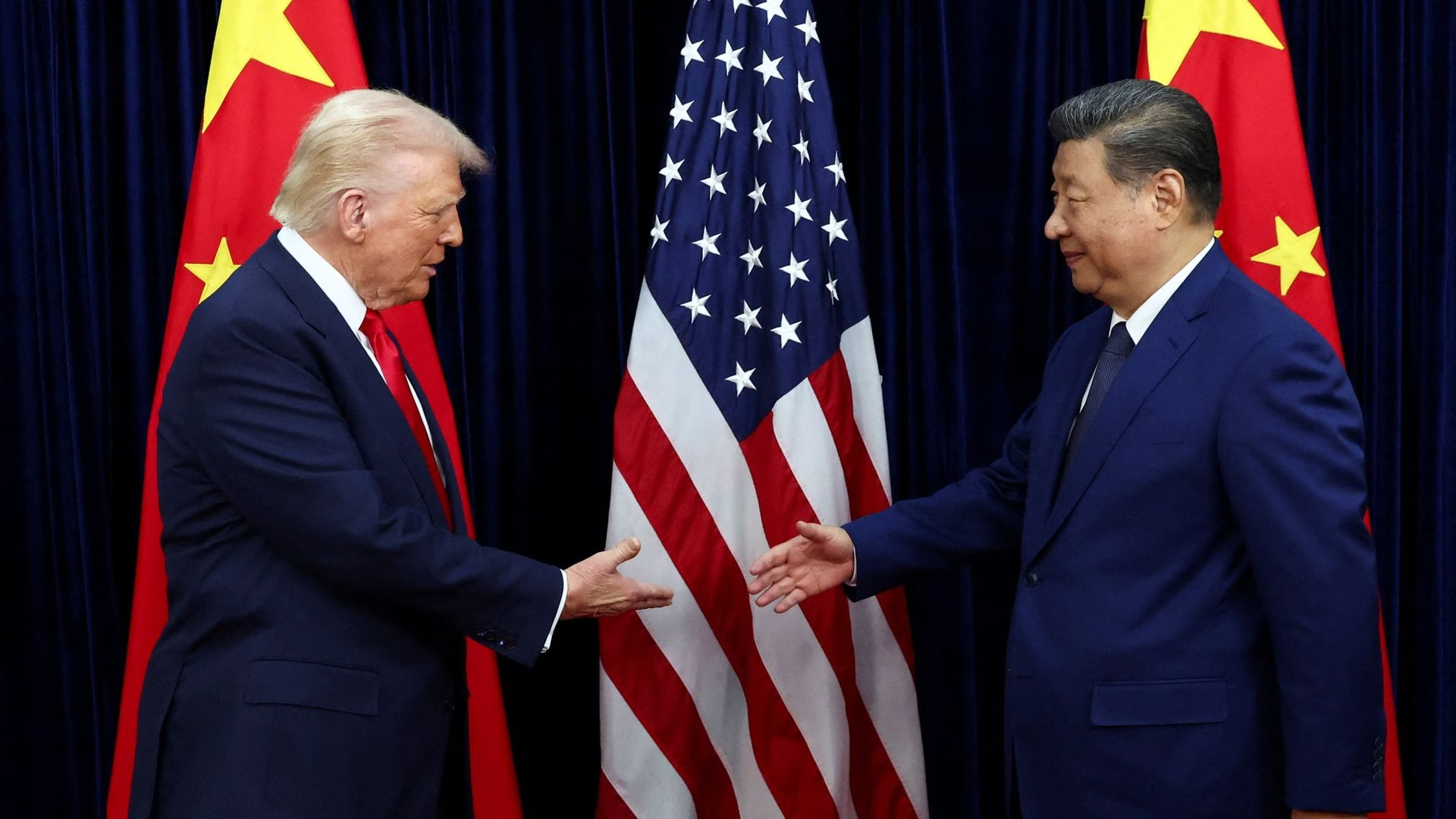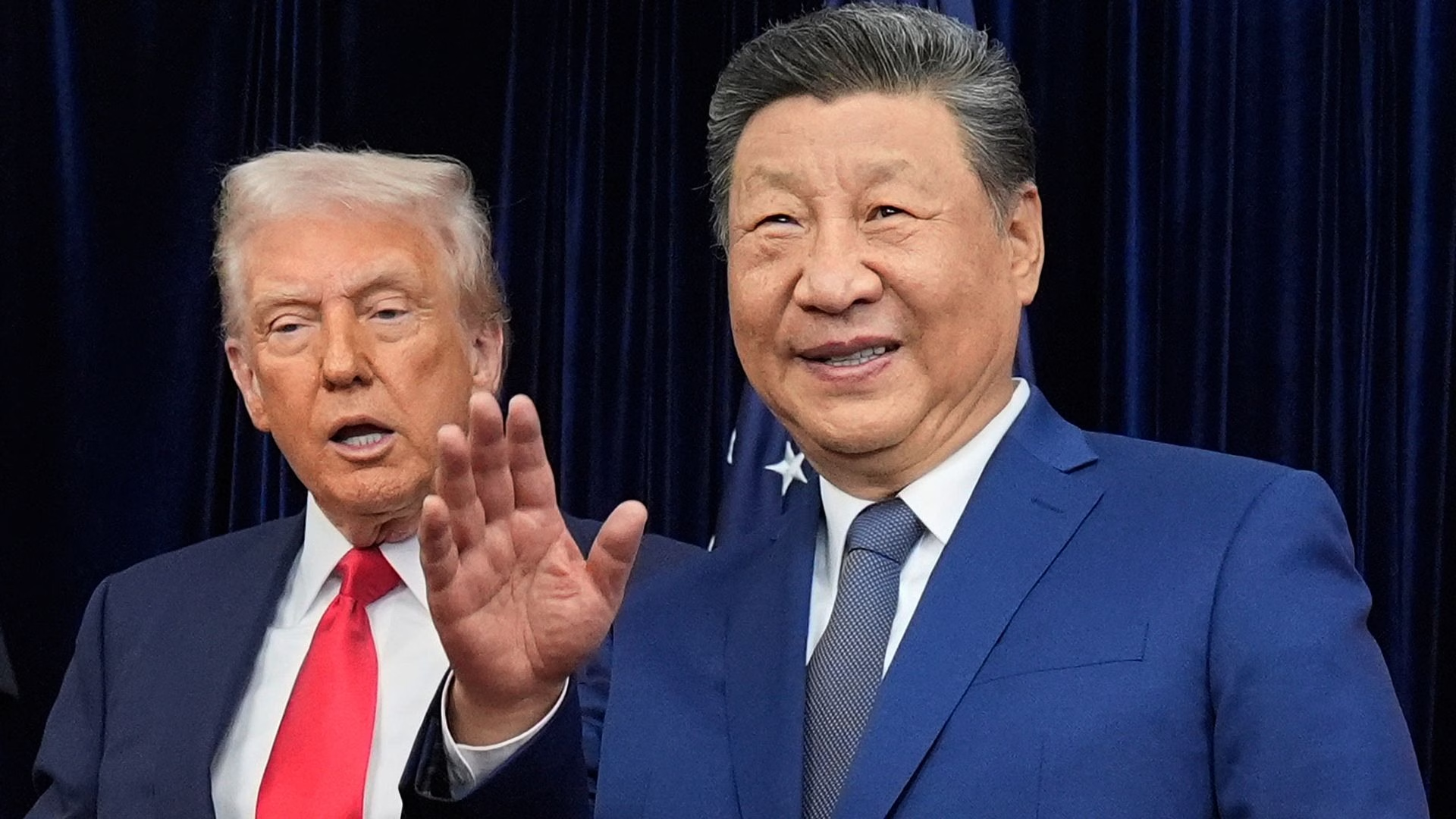News Americas, New York, NY, Tues. Aug. 26, 2025: As Jamaica approaches its hotly contested 2025 general elections, investors are paying close attention to what the island’s two main political parties are promising. Both the Jamaica Labour Party, (JLP) and the People’s National Party, (PNP) have released detailed manifestos that present starkly different roadmaps for economic growth, foreign investment, and private-sector opportunities.
The stakes are high. Jamaica has enjoyed strong tourism rebounds, an expanding IPO market, and steady GDP growth in recent years. At the same time, debt management, high energy costs, and the need for economic diversification remain top concerns. For international and local investors, the September election outcome could shape whether Jamaica doubles down on its stability-first policies or pivots toward diversification and new industries.

The ruling JLP’s manifesto, Choose What Works, positions the party as the guardian of stability and continuity. For investors, the JLP highlights its track record of debt reduction, record IPO activity, and job creation as proof that Jamaica is a secure destination for capital.
Key proposals include:
- Tax Simplification: Consolidation of statutory deductions into a single, simplified system and a phased reduction of personal income tax to a base rate of 15%.
- Large-Scale Incentives: The rollout of the Large-Scale Projects and Pioneer Industries Relief Act in 2025, designed to attract global investors with targeted tax breaks.
- Capital Market Expansion: The launch of a Micro Stock Exchange to encourage small business participation and broaden investment opportunities.
- Sovereign Wealth Fund: Once debt falls below 60% of GDP, Jamaica plans to establish a Sovereign Wealth Fund to channel revenues into renewable energy, infrastructure, and overseas investments.
- Tourism Expansion: Development of an additional 20,000 hotel rooms, expanded eco-tourism offerings, and stronger linkages between tourism and local agriculture.
The JLP’s core pitch is that investors can rely on Jamaica to remain fiscally disciplined while continuing to expand in its strongest-performing sectors—tourism, logistics, and real estate.

The opposition PNP’s manifesto, The Next Chapter, presents a different vision: transforming Jamaica’s economic base by diversifying beyond tourism and logistics. The party is courting investors interested in renewable energy, technology, agro-processing, and creative industries.
Key pledges include:
- National Investment Funds: Creation of targeted funds for green energy, agro-industry, and tech innovation, designed to channel capital into emerging sectors.
- SME Financing: A state-backed credit guarantee scheme and stronger development banking support to cut borrowing costs for small and medium-sized enterprises.
- Agro-Industrial Hubs: Establishment of agro-parks and export processing zones to boost value-added exports and link farmers to international markets.
- Renewable Energy Drive: Aggressive pursuit of clean energy partnerships and financing, with an emphasis on solar and wind development.
- Digital Transformation: Comprehensive modernization of government services to reduce red tape, accelerate business approvals, and build investor confidence.
- Tourism Diversification: Broadening the industry into cultural, heritage, and community-based tourism, reducing reliance on all-inclusive resorts.
The PNP is framing itself as the party that will prepare Jamaica for the next wave of global competition by backing green energy, technology, and value-added exports.
For the investor community, Jamaica’s 2025 election represents a choice between two investment philosophies:
- The JLP’s Stability Play: Doubling down on fiscal discipline, major tourism projects, and proven economic management.
- The PNP’s Transformation Agenda: Betting on diversification into new industries, green growth, and SME financing as engines of long-term resilience.
With Jamaica already attracting record IPOs and steady foreign direct investment, both visions hold appeal. However, the party that wins in September will decide whether investors can expect more of the same stability or a bold pivot toward new industries.
British Caribbean News


